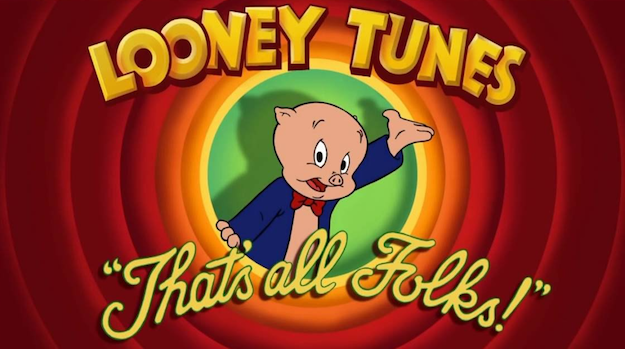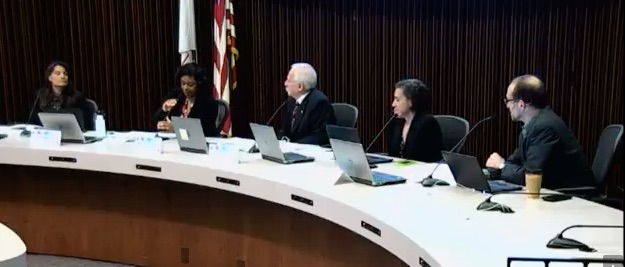AT&T’s executive shuffle puts WarnerMedia chief in charge of broadband service
AT&T made two key executive promotions yesterday, naming erstwhile technology chief Jeff McElfresh to head up its broadband and telephone (landline and mobile) businesses, as well as DirecTv, and promoting WarnerMedia head John Stankey to president and chief operating officer, making him the clear second in command to chairman and CEO Randall Stephenson.
Stankey’s new job, according to an AT&T press release is “bringing together the distinct and complimentary capabilities of AT&T Communications, WarnerMedia and [advertising subsidiary] Xandr to deliver…the benefits of a modern media company”.… More



![By BrokenSphere (Own work) [CC BY-SA 3.0 (https://creativecommons.org/licenses/by-sa/3.0) or GFDL (https://www.gnu.org/copyleft/fdl.html)], via Wikimedia Commons](https://www.tellusventure.com/images/2017/7/pge_truck.jpg)


![By ABC Television (eBay itemphoto frontphoto back) [Public domain], via Wikimedia Commons](https://www.tellusventure.com/images/2018/5/warner_brothers_western_stars_625.jpg)
![Hydrogen Iodide at en.wikipedia [GFDL (https://www.gnu.org/copyleft/fdl.html) or CC-BY-SA-3.0 (https://creativecommons.org/licenses/by-sa/3.0/)], via Wikimedia Commons](https://www.tellusventure.com/images/2017/6/pge_transmission.jpg)
